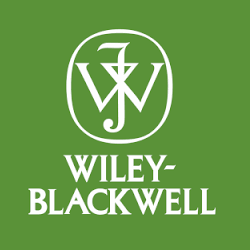Conclusion
Molecular interaction of therapeutic interventions to modify the pathological events have been an inimitable method of research to update the endured treatment into advanced. PH is endorsed by several signaling alteration including IP3/DAG, Kv channel, NADPH oxidase, PI3 kinase, Rho kinase, MAP kinase, Ca2+ channel, PDGF, PDE, PPAR, HMG-Co A- reductase, endothelin signaling pathways. Instead of PH, these avenues of abnormality in molecular signaling make it more vulnerable to atherosclerosis, hypertension, coronary heart disease and pulmonary endothelial damage. The present review demonstrated the several targeted links and molecular aspects of various therapeutic interventions having an association with signaling alteration of PH mediated by vascular endothelial dysfunction. Moreover, various alternative therapeutic interventions including Panax ginseng (Araliaceae), Genistein, Salvia Miltiorrhiza (Lamiaceae), Chinese herb Naofeikang, Radix Astragali (Fabaceae), Allium sativum (Amaryllidaceae) Luteolin (Lamiaceae), Rhoifolin (Rutaceae), Punicalagin (Punica granatum), Erigeron breviscapus (Asteraceae) and Terminalia Arjuna (Combretaceae) also have significant competence to modify these signaling alteration. and may open the new possibility of novel signaling modulator which can restore the pathological events and improve PH.








